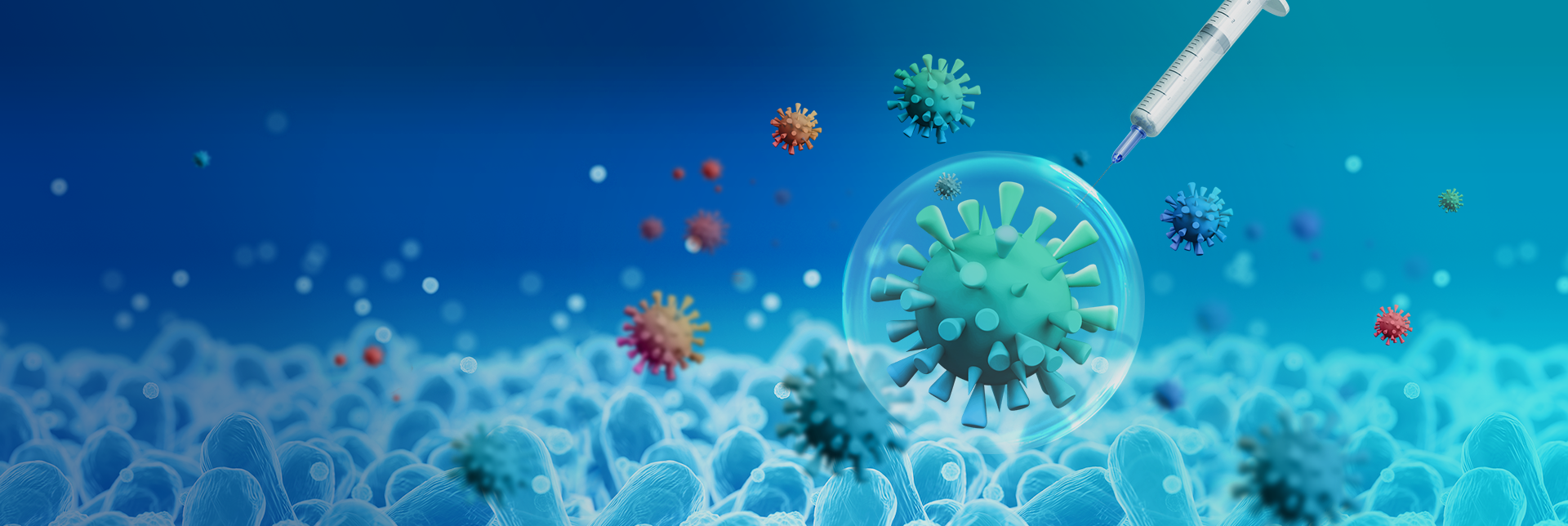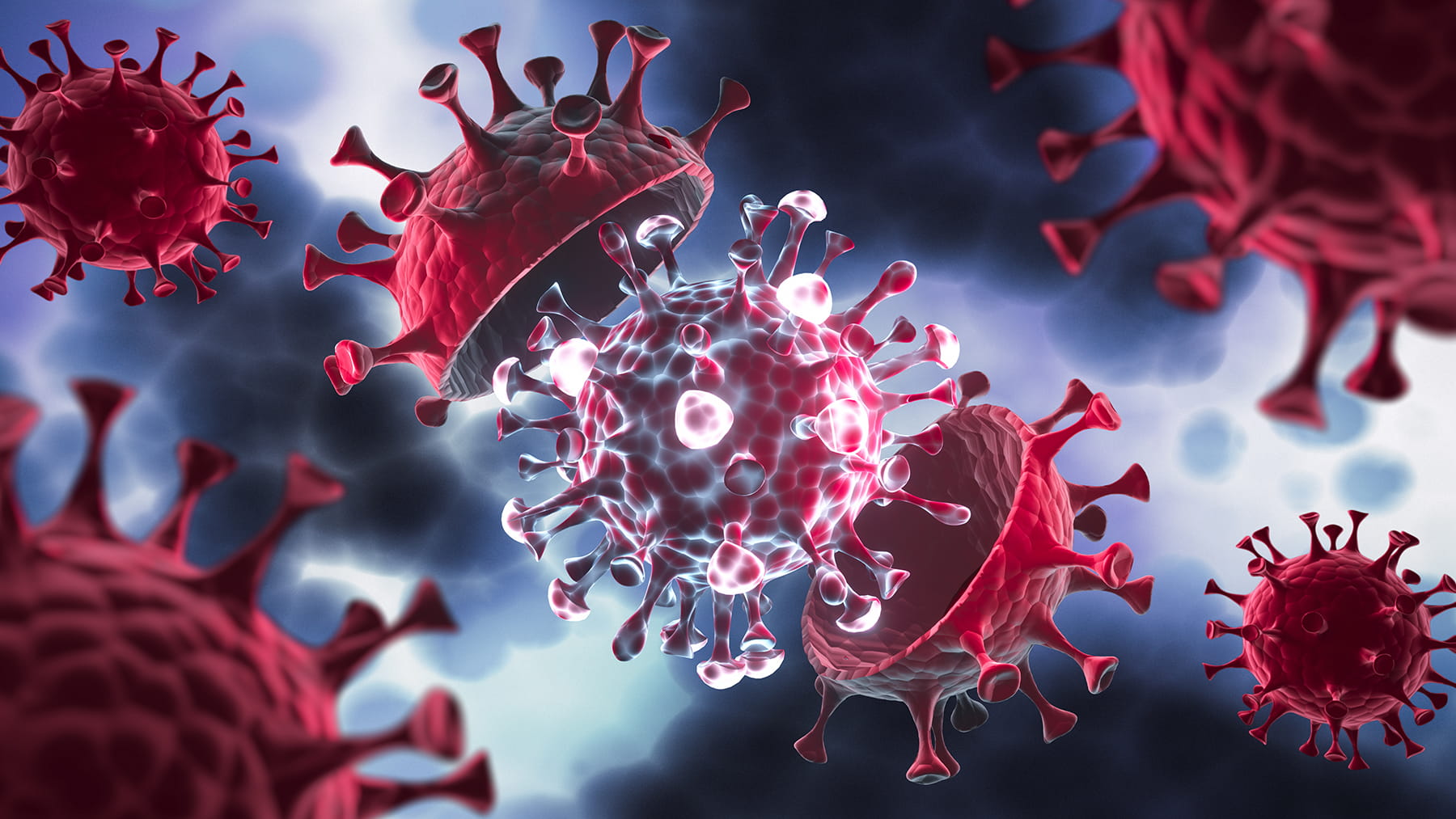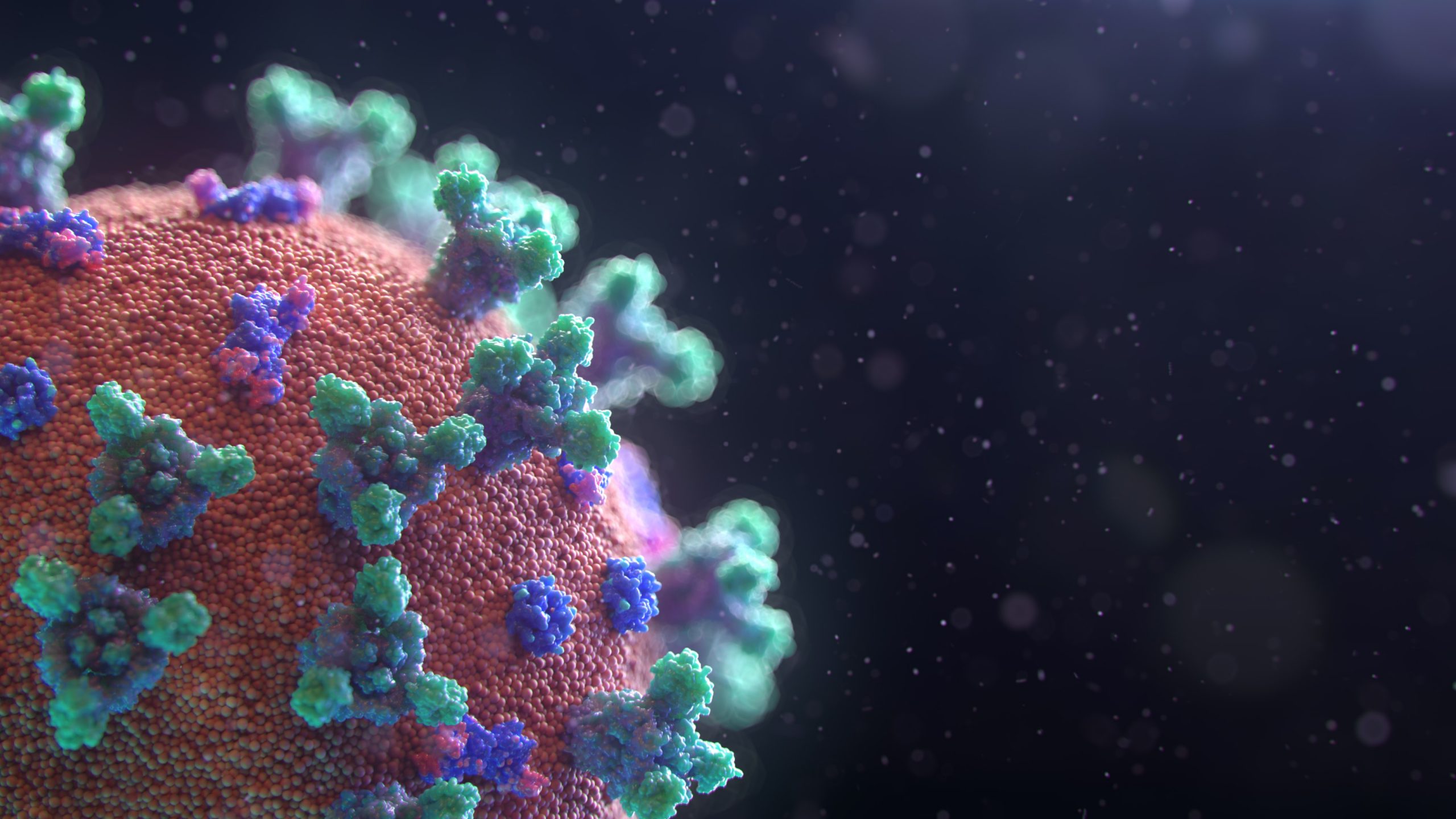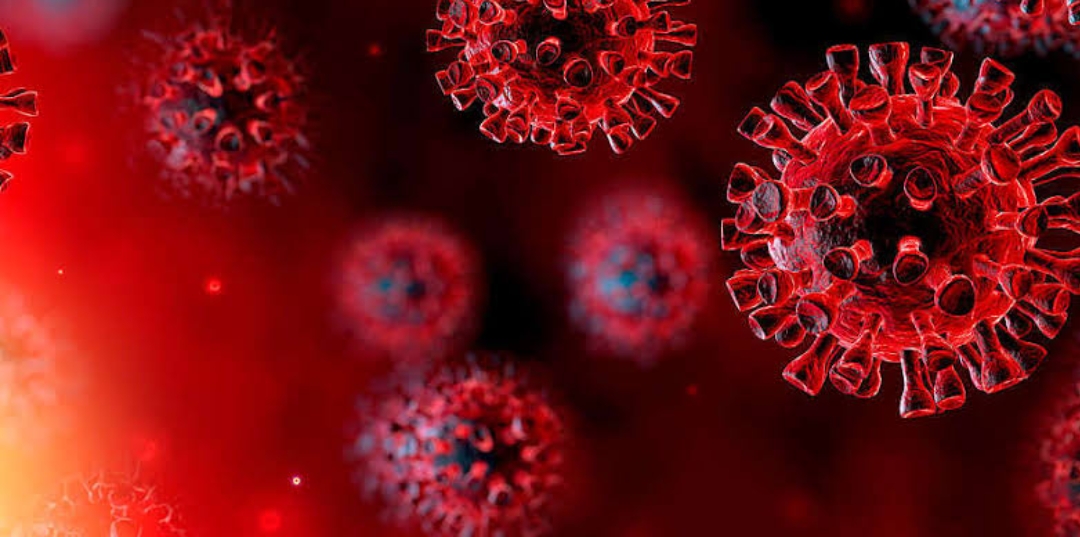
Neanderthal genes increase risk of serious COVID-19, study claims
The COVID-19 pandemic has caused substantial morbidity and mortality and to date has resulted in the deaths of more than a million individuals3. The clinical manifestations of SARS-CoV-2 virus-induced disease differ greatly in severity, from no or moderate symptoms to rapid progression to respiratory failure4. It became apparent early in the pandemic that advanced age is a significant risk factor, as well as being male and some comorbidities. However, these risk factors do not completely explain why some individuals have no symptoms or mild symptoms, while others have significant symptoms. Genetic risk factors can also have a role in the development of the disease. Among these, some studies point to the fact that Neanderthal genes increase the risk of severe COVID-19.
When scientists in Sweden and Germany compared the DNA of very sick COVID-19 patients with that of the Neanderthals and their enigmatic sister group, the Denisovans, the source of the risk genes came to light. The DNA stretch that makes patients more likely to fall seriously ill closely correlates to that obtained in Croatia from a Neanderthal. The gene cluster on chromosome 3 was established as a risk locus for respiratory failure following infection with serious acute respiratory syndrome coronavirus 2 in a recent genetic association study1 (SARS-CoV-2). Separate research (COVID-19 Host Genetics Initiative)2 consisting of 3,199 2019 coronavirus disease hospitalized patients (COVID-19) and control individuals showed that this cluster is the key genetic risk factor for extreme symptoms after SARS-CoV-2 infection and hospitalization. It is unknown how the Neanderthal genes increase the risk of serious COVID-19, but one gene plays a part in the immune response and another has a bee response.
There is no doubt that Neanderthal genes are still present in modern humans and they have different effects on lifestyle, health, and progression.-The Neanderthals also offered other genes to modern humans, beyond the COVID- 19 danger genes. Some improve pain sensitivity, while others decrease the danger of miscarriages.



















